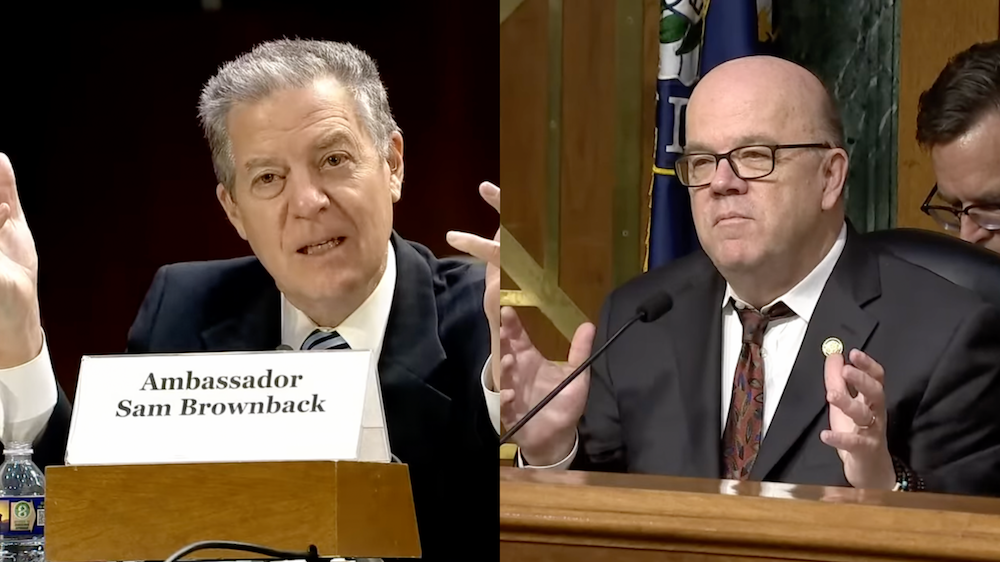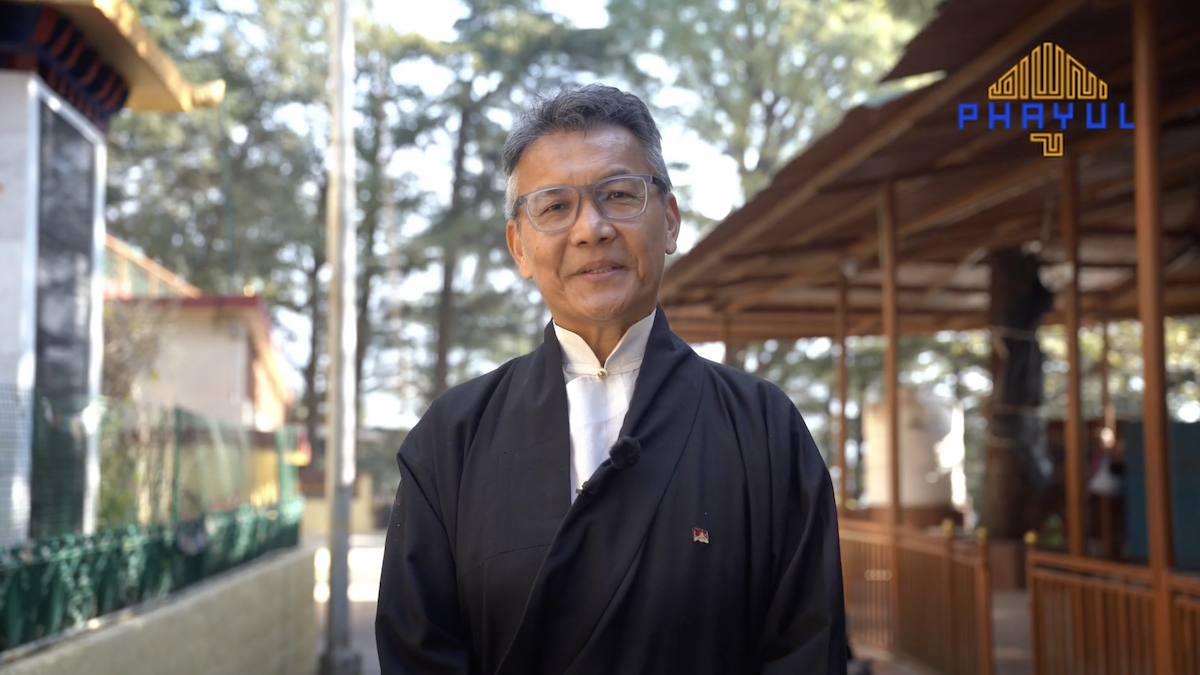Tenzin Nyidon
DHARAMSHALA, Feb. 25: China has expelled two former senior Tibetan officials from the Communist Party and placed them under investigation for alleged “serious violations of discipline and law,” a vague charge often used in political purges. The Central Commission for Discipline Inspection and the National Supervisory Commission announced the expulsion on February 23, signalling further legal action.
According to the Washington-based rights group International Campaign for Tibet (ICT), the two officials—Qi Jianxin, a former governor, and Jangchup (Jiang Chu), a former executive vice governor of Dechen (Diqing) prefecture in southern Kham (Ch. Yunnan Province)—were accused of breaching the Party’s political discipline, being “disloyal and dishonest” to the Party, and making “illegal gains.”
Investigations into Qi and Jangchup began in early 2024. Jangchup voluntarily surrendered to the anti-corruption agency on February 29, while Qi was dismissed from his position on April 9. Jangchup was subsequently removed from office on May 19. Authorities have hinted at criminal prosecution, stating that their “suspected criminal issues” have been referred to the procuratorate.
The crackdown in the so-called Dechen prefecture reflects either systemic corruption within the Chinese bureaucracy or deeper political instability. In January 2025, Chinese state media reported that Che Dalha (Qi Zhala), a former governor of Dechen who later served as chairman of the Tibet Autonomous Region (TAR) government, was also under investigation for “serious violations of discipline and laws.”
Additionally, in October 2024, several high-ranking Tibetan officials, including a former governor and at least three deputy governors, were placed under investigation in Dechen prefecture on similar charges.
Corruption has been a persistent issue in Tibet under Chinese rule. Since coming to power in 2012, President Xi Jinping has led an extensive anti-corruption campaign within the Communist Party and various levels of government under the banner of good governance and party ideals. However, experts argue that his graft campaigns primarily serve as a tool to purge his political rivals and anyone who does not kowtow to his rule and designs rather than addressing systemic socio-economic and political issues.










